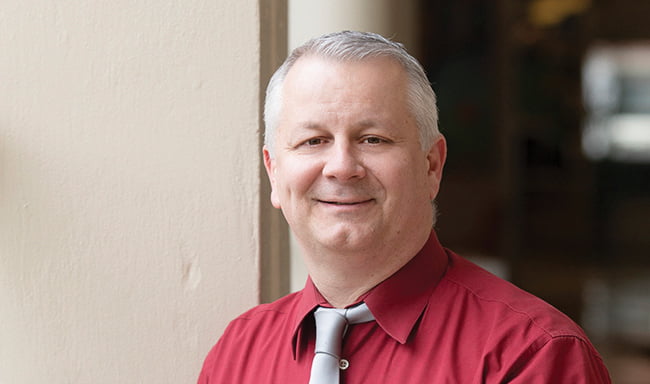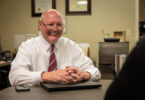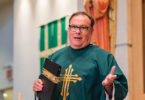
by Vince Cascone
I have heard a common theme repeated a few times in the daily rosary meditations from the School of Faith (to subscribe, go online to: www.schooloffaith.com). Dr. Mike Scherschligt talks about the role of emotions along with the role of the intellect.
In a recent rosary podcast he stated, “Thinking should rule our lives. Feelings are meant to be good servants. Left in charge, feelings are very bad masters.” To be clear, feelings are, of course, not bad.
In number 1764 of the Catechism of the Catholic Church, it states: “The passions are natural components of the human psyche; they form the passageway and ensure the connection between the life of the senses and the life of the mind. Our Lord called man’s heart the source from which the passions spring.” However, acting purely from our emotions and in the absence of logic and reason will surely lead to poor decisions and, in fact, ineffective conversations with others.
The political landscape, along with the challenges of a serious pandemic and the overall polarization of opinions on a myriad of issues, have contributed to high emotions on all sides of most any topic.
One result of this with very serious consequences has been the lack of civil discourse. One need only look at the current “cancel culture,” “safe spaces” and the shouting down of people with different opinions from one’s own on college campuses, and the use of playground insults being thrown around freely among those who disagree.
Some people have become so averse to the opinions and thoughts of others that they merely want to share their viewpoints and perspectives without having to endure even one word in opposition from another person.
In addition to ignoring the dignity and value of others, doing this prevents us from examining our perspectives more deeply and, potentially, recognizing fault in our own thinking and the possibility of learning from the other person.
Author Eric Overby writes: “In order to think through things clearly, we need other opinions and viewpoints in order to navigate into the nuance. We need civil debate to present opposing viewpoints and point out our blind spots. We need the ability to speak freely and civilly to one another.”
Our Catholic schools strive to show our students the truth, beauty and goodness of the world which God created and to share the message of our Creator with others.
We want our students to learn and understand their faith and to have their faith guide their words and actions. We want our students to be examples for others of how to respect those with opinions that differ from their own while, at the same time, standing firm in their beliefs.
Then, when they find themselves in emotionally charged conversations, they will have a wealth of knowledge and information to inform their words.
They will be able to effectively share the truth, beauty and goodness of the Gospel, even when confronted with the social and political challenges of our time.






